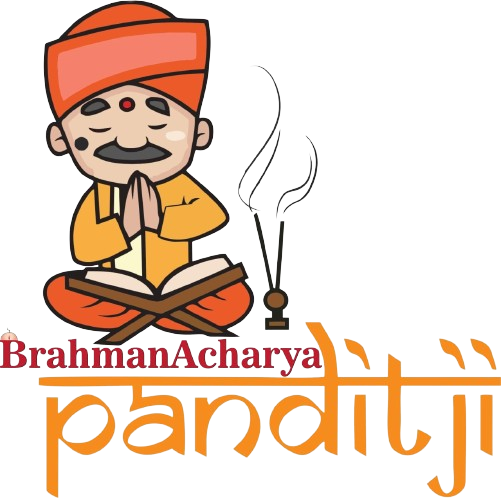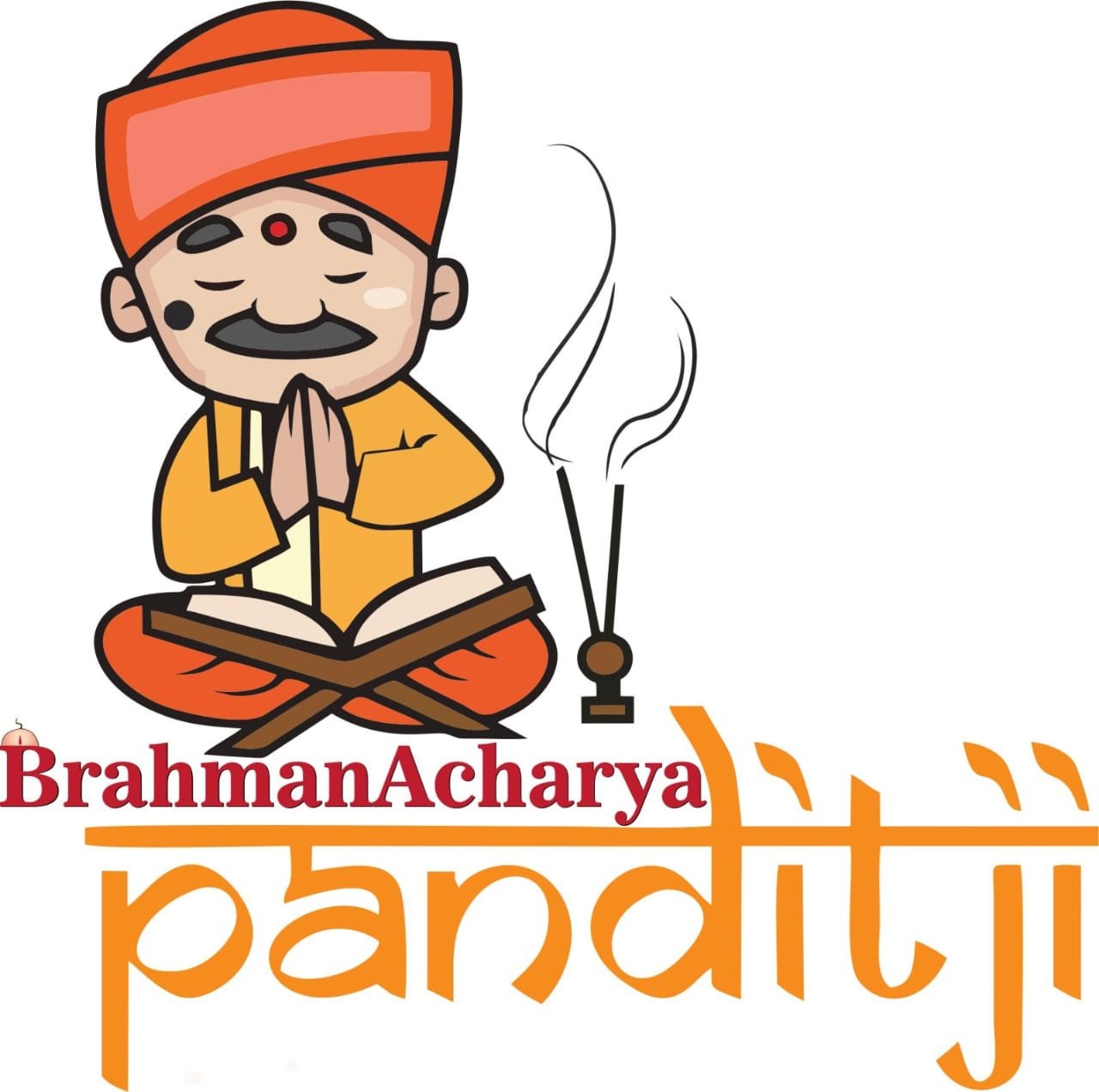RAMAYANA PATH PUJA




The Ramayana Path Puja is a sacred Hindu ritual involving the recitation of the Ramayana, one of the two major ancient Indian epics, along with the Mahabharata. The Ramayana, attributed to the sage Valmiki, narrates the life and exploits of Lord Rama, an incarnation of the Hindu god Vishnu, his wife Sita, his loyal devotee Hanuman, and other characters.
Preparation: The puja typically begins with thorough purification of the space where the recitation will take place. This involves cleaning the area and setting up an altar or sacred space where the Ramayana text, along with images or idols of Lord Rama, Sita, Lakshmana, Hanuman, and other relevant deities, may be placed.
Invocation: The puja starts with the chanting of prayers and mantras to invoke the blessings of Lord Rama and seek divine grace for the successful recitation of the Ramayana.
Recitation of the Ramayana: The main aspect of the puja involves the continuous recitation of the Ramayana text. The recitation can take several hours, and it’s often done by a group of priests or knowledgeable individuals. In some cases, the entire Ramayana may be recited in one sitting, while in others, it may be spread out over several days or weeks, depending on the devotees’ preferences and circumstances.
Interpretation and Commentary: Along with the recitation, scholars or learned individuals may provide interpretations, explanations, and insights into the various episodes, characters, and teachings found within the Ramayana. This helps deepen the understanding of the text and its relevance to contemporary life.
Bhajans and Kirtans: Devotional songs, bhajans, and kirtans (musical renditions) praising Lord Rama, Sita, and other characters from the Ramayana may be sung throughout the puja, adding to the spiritual ambiance and invoking a sense of devotion among the participants.
Arati: Towards the conclusion of the Ramayana recitation, an arati (ritual of waving lighted lamps) may be performed to honor Lord Rama and seek his blessings.
Prasad Distribution: After the puja, prasad (blessed food offerings) is distributed among the devotees as a symbol of divine grace and blessings.
Address List
- Office No 510 , Cross Road Complex , near Bhumkar Bridge , Pune - 411057
- +91 8698628238
- info@brahmanacharya.com
Social Networks
- yourfbusername
- @twitterhandle
- insta_account
- plusprofilename
- username
CORPORATE INFO

